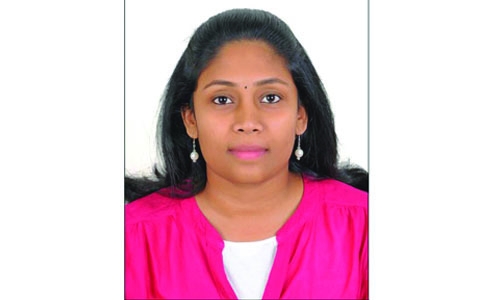Fecal impaction in dogs and cats
A fecal impaction is a dry collection of hard stool in the colon or rectum that cannot pass normally. When stools become hard and dry and are passed infrequently and with effort, the pet is said to be constipated. Impactions form as a result of chronic constipation. The most common causes of fecal impaction in both dogs and cats is not drinking enough water, ingesting foreign material. Hairballs are a frequent cause of cat constipation. Other causes include stress, disorders of the rectum and anus, intestinal motility problems, intestinal blockages, enlargement of the prostate, electrolyte imbalances and the use of certain medications. Prolonged constipation in dogs can also result in “megacolon” which is a condition in which waste is remaining in the colon where it becomes abnormally enlarged so that it cannot function properly.
Symptoms are Straining to defecate, pain while defecating, absence of stools, lethargy, loss of appetite, abdominal pain, abdominal distension, vomiting, licking or biting at the anal area, scooting the hind end against the floor, hunched posture and small amounts of blood-tinged or watery stool.
Pet animals with mild fecal impactions can sometimes be successfully treated with diet change, oral fluids and mild laxatives. If the impaction is not overly severe, fiber supplements or stool softeners may be given to help initiate defecation. They may also require enemas. Animals with more severe impactions and those suffering from dehydration require fluid therapy before the impactions can be safely cleared with enemas, manual evacuation and laxatives. In very severe cases, the affected pet may need to be placed under anesthesia to allow the veterinarian to manually clear the obstruction. Once the fecal impaction has been cleared, the cause of the constipation needs to be addressed. Further treatment depends on the inciting condition. If the problem causing the constipation can be cured or managed, impaction is less likely to reoccur.
Related Posts

